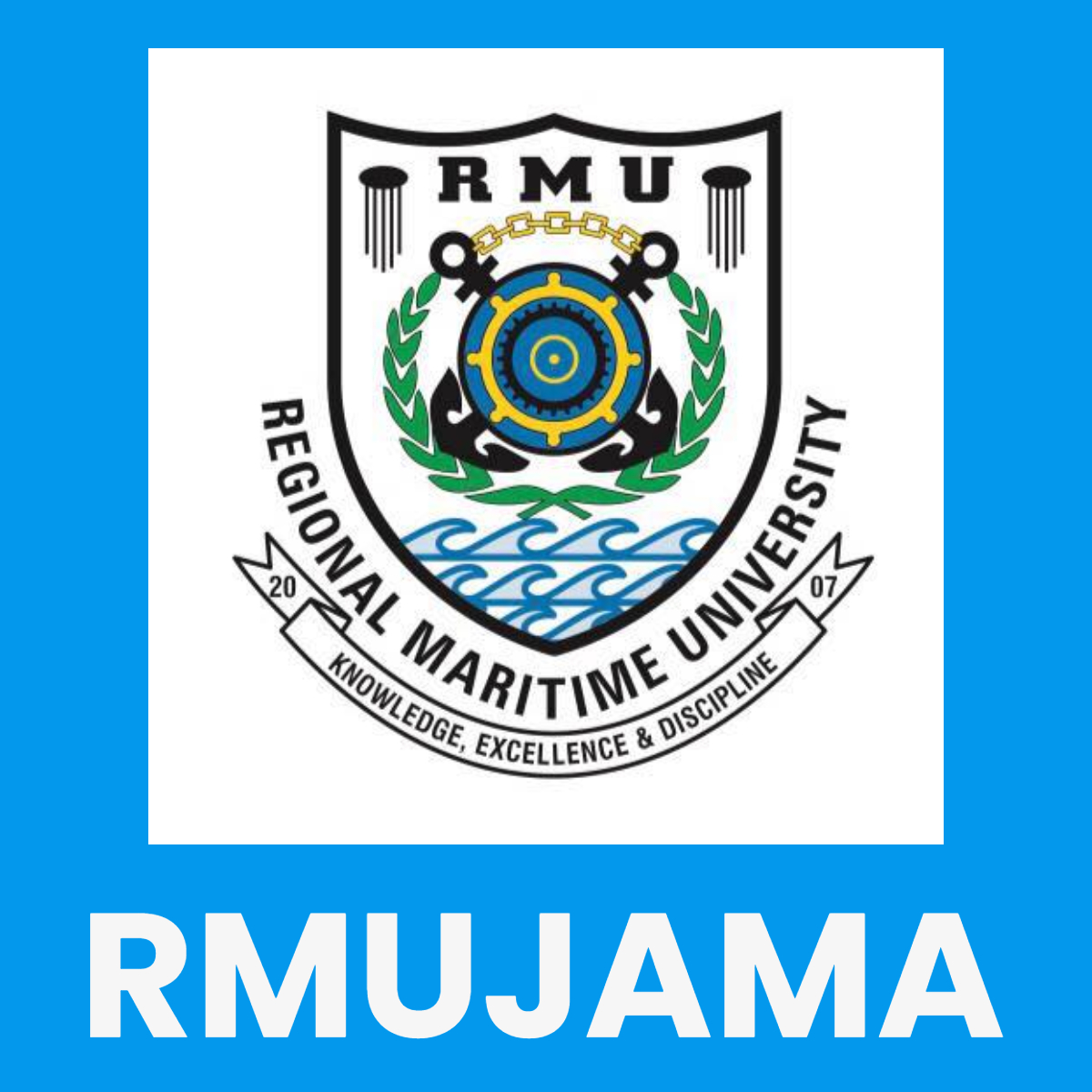Challenges Towards Sustainable Small-Scale Fishing Industry (artisanal fisheries) in Tanzania: A Case Study of the Coastal Area of Tanzania Mainland
Abstract
The small-scale fishing industry (artisanal fisheries) in coastal Tanzania plays a critical role in food security, employment, and income generation, particularly for rural communities. Despite its significance, the sector faces increasing challenges that threaten both ecological sustainability and fisher livelihoods. This study investigates the key constraints hindering the sustainability of artisanal fisheries and their alignment with the evolving blue economy framework in Tanzania. Employing a cross-sectional research design, qualitative and quantitative data were collected from 500 artisanal fishers across five coastal districts: Kigamboni, Kilwa, Mafia, Bagamoyo, and Pangani. Findings reveal a complex set of interrelated challenges including inadequate capital, reliance on traditional and inefficient fishing equipment, poor market infrastructure, overfishing, declining marine fish stocks, lack of fisher safety and rescue facilities, and weak enforcement of fisheries laws and regulations. These challenges are exacerbated by population pressures, insufficient data management systems, and limited fisher representation in policy-making. Although Fisheries Management Plans (FMPs) have been developed to address sustainability issues, their impact remains constrained by financial, institutional, and technical gaps. The study recommends a multi-pronged approach involving policy reform, increased investment in fishing infrastructure, participatory governance, and capacity building to ensure that artisanal fisheries contribute effectively to Tanzania’s sustainable blue economy transformation. Strategic collaboration with regional and international partners is also essential to realize inclusive and resilient fisheries management systems.
